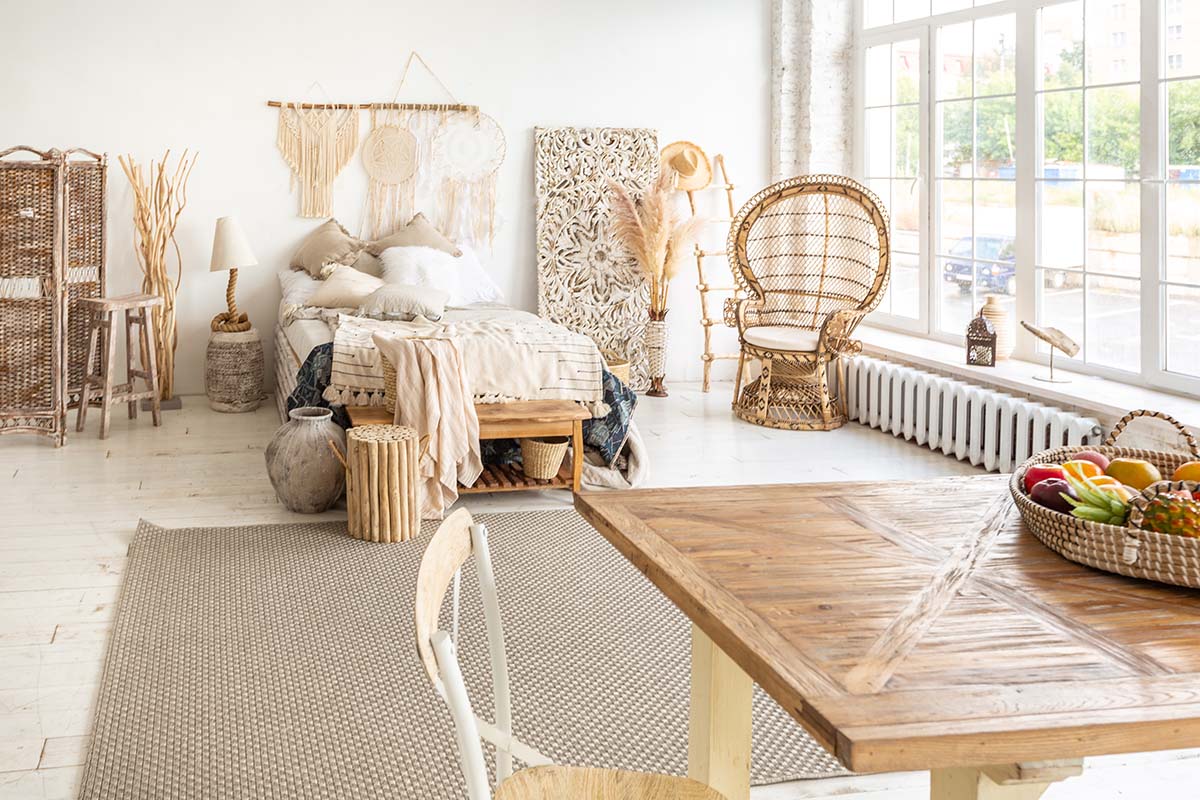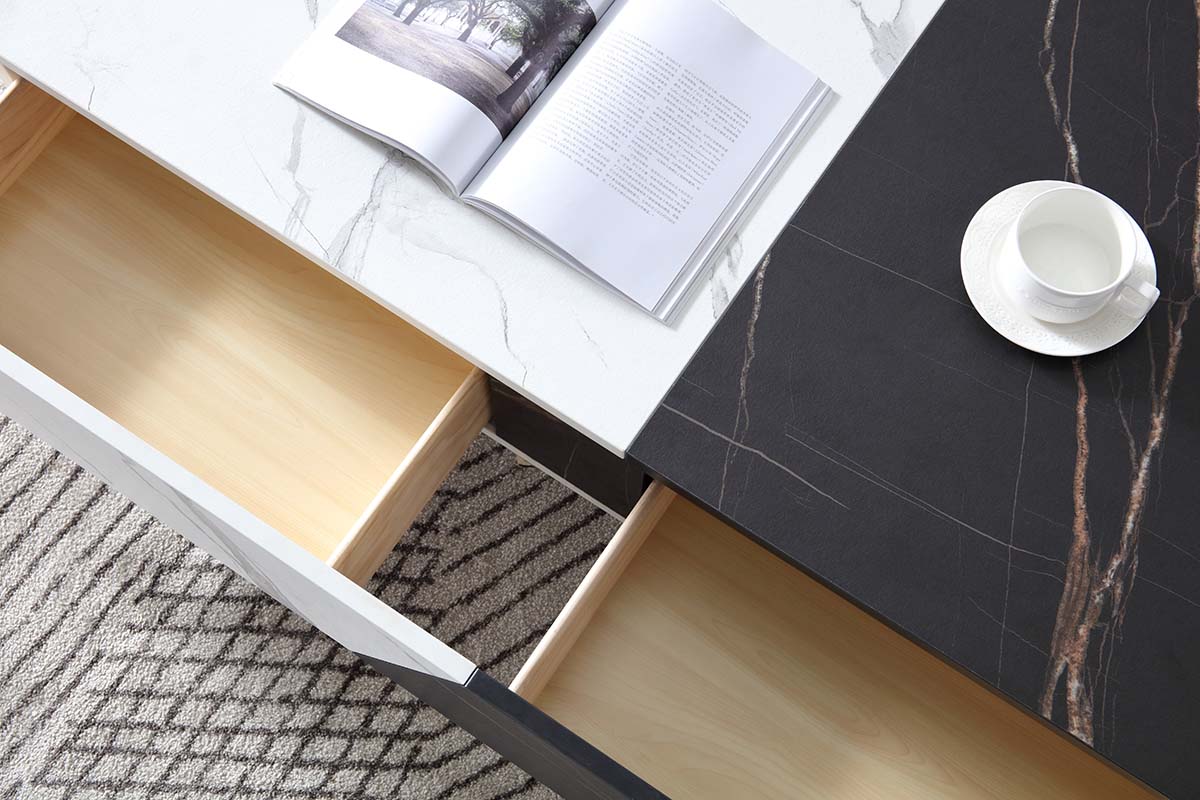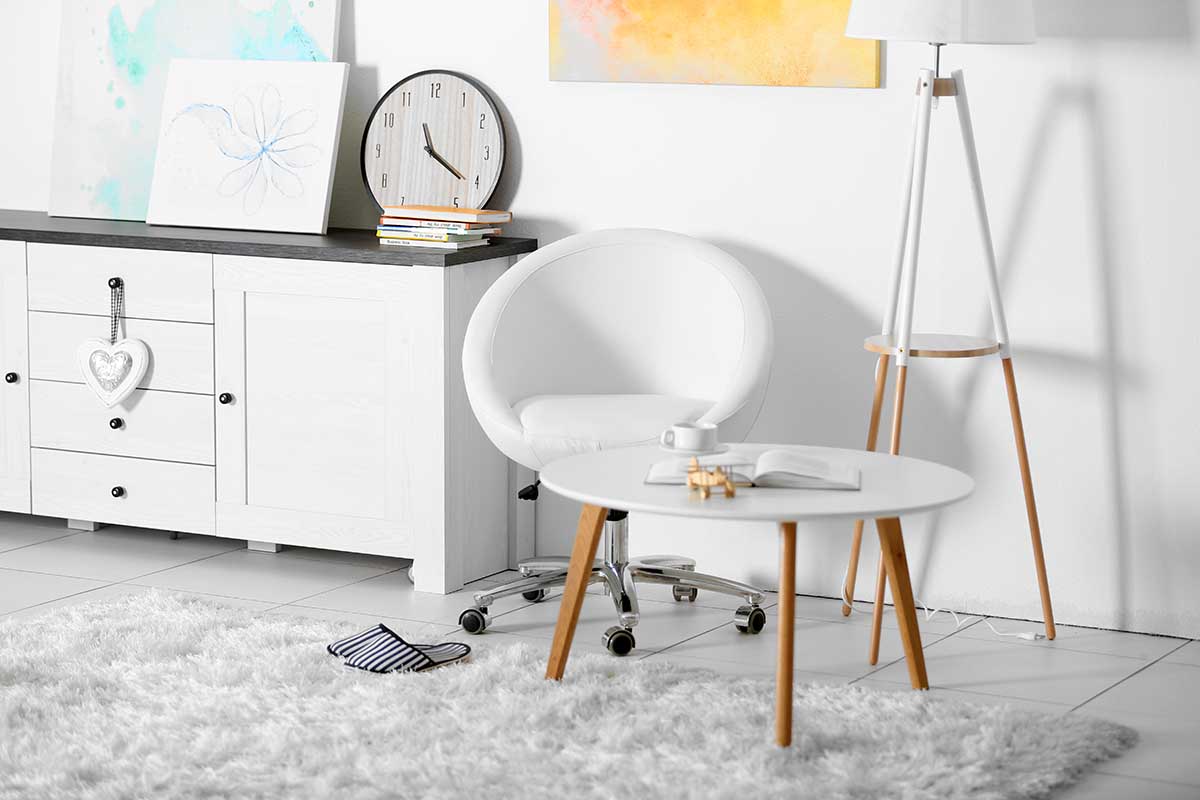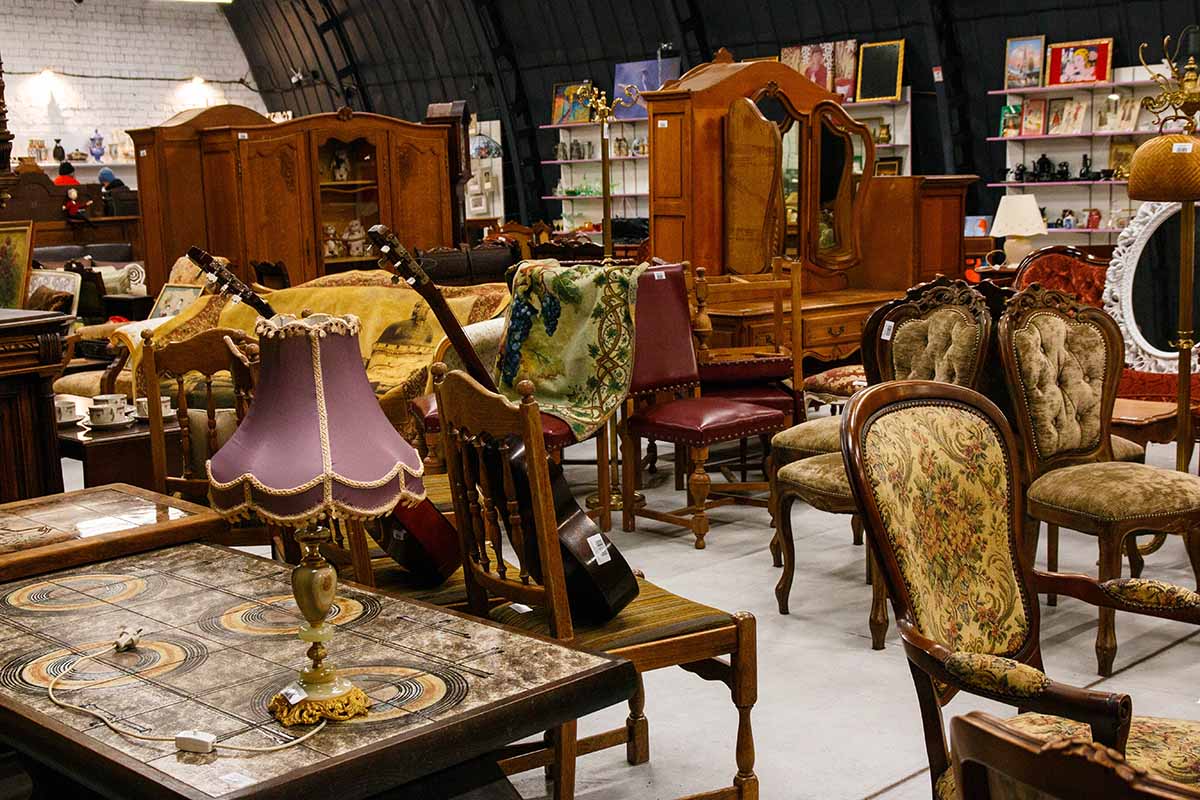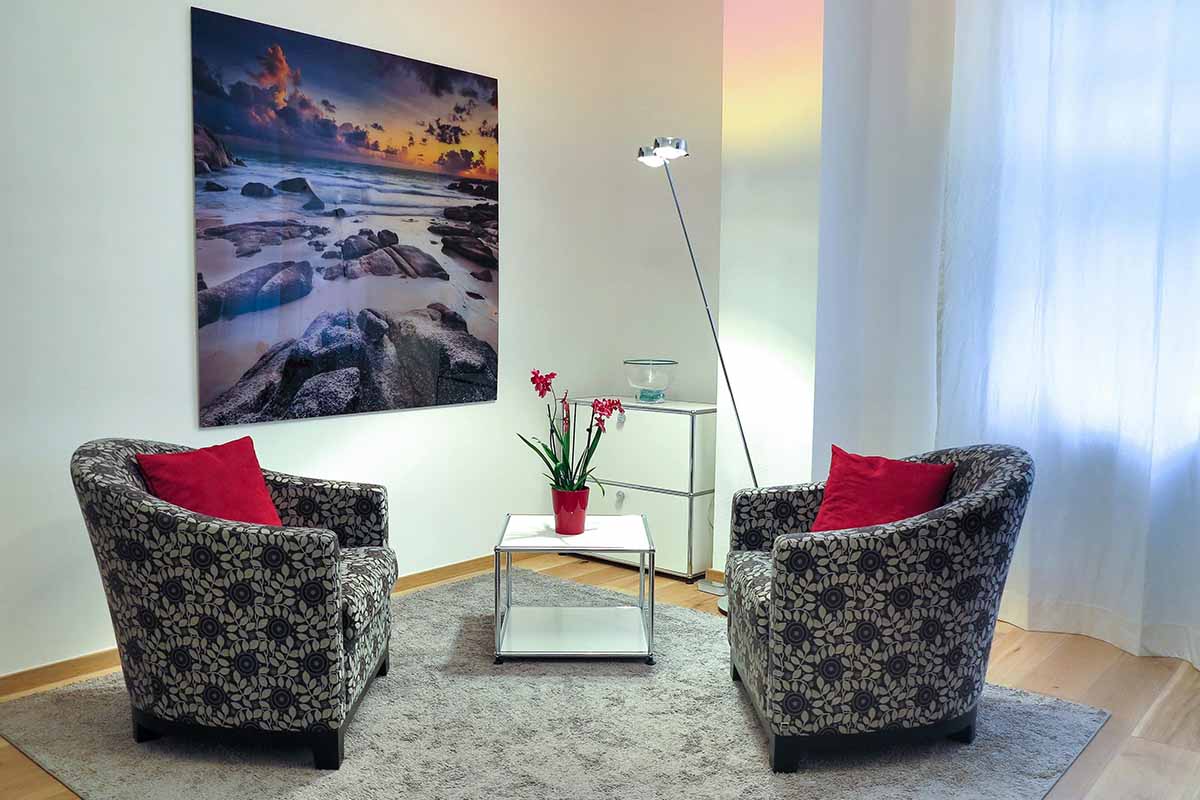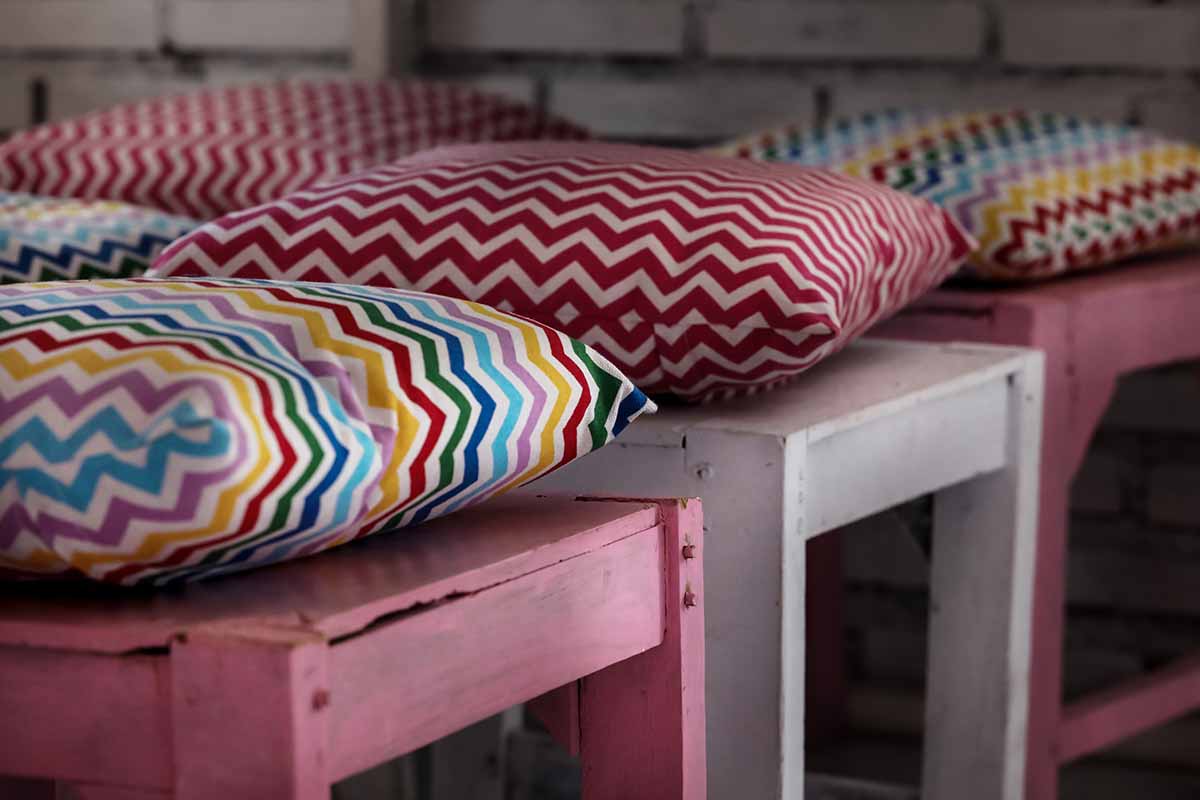Modern Home, Smart Budget: Redesigning Without Breaking the Bank
Key Points
- Start with What You Have. Rearranging, repainting, or refreshing existing pieces can dramatically change your space—no shopping required.
- Focus on Function + Feel First. Prioritize areas you use daily (like your living room or workspace) for high-impact updates, and make sure every change improves comfort and flow.
- Shop Smart, Not Expensive. Think thrift stores, DIY paint jobs, secondhand finds, and stylish budget brands. A well-placed $20 mirror can elevate your space more than a $2,000 chair.
Modern living today is about creating comfort, functionality, and style in your space.
Whether you’re working from home, entertaining friends, or simply desire a space that reflects your personality, updating your home environment feels more like a need than a luxury.
However, when it comes to modern living on a budget, one thing that often holds people back from redesigning is the worry about cost.
It’s a common assumption that giving your home a modern touch means spending a lot.
The truth is that redesigning is entirely possible with the right strategy.
With some thoughtful planning, smart spending, and resourcefulness, you can create a stylish and functional living space that fits your lifestyle—and your wallet.
This article will guide you through ten practical ways to modernize your space affordably and modern living on a budget.
Assess What You Already Have
When it comes to modern living on a budget, the first step in redesigning isn’t to buy—it’s to evaluate. Look around your space and consider what’s already working.
Do you have a coffee table that’s solid but outdated? Maybe a bookshelf that could be moved to a better spot?
Many people overlook how much potential is already sitting in their homes.
Sometimes, rearranging your furniture creates a fresh flow.
Other times, a simple update like changing the hardware on a drawer or painting a worn-out chair can make a big difference.
The goal here is to identify what’s useful, what can be upgraded, and what really needs replacing.
Create a Budget That Works for You
Jumping into a home project without a budget often leads to overspending or half-finished spaces.
Start by setting a total budget based on what you can realistically afford.
Then, break it down into categories such as paint, furniture, decor, and lighting.
If you find your vision for the space exceeds your current savings, , you can apply for a loan.
Used responsibly, a personal loan can help you complete your project on time and with the quality you want.
Just make sure you understand the interest rate and monthly payments before committing. The goal is to improve your space, not create financial stress.
Focus on High-Impact Areas First
When redesigning on a budget, it’s wise to focus on the areas where you spend the most time.
The living room, bedroom, or kitchen are usually the best places to start. These spaces often define the overall feel of your home.
Improving them first gives you a greater sense of progress and satisfaction.
Sometimes, you just need to make small changes.
Swapping out old lighting fixtures, painting the walls, or updating the couch cushions can completely change the vibe of a room.
Start with what will give you the highest return in terms of both function and style.
Embrace DIY Whenever Possible
You don’t need to hire professionals for every update. Many design upgrades are simple enough to do on your own.
Painting a room, mounting shelves, or assembling furniture are all manageable tasks.
With the number of tutorials available online today, it’s easier than ever to learn how to handle small projects yourself.
Doing it yourself saves on labor costs and gives you more control over the result.
It’s also a great way to make your space feel more personal. Just make sure to plan properly and take your time, especially if you’re trying something new.
Shop Secondhand and Vintage
You’d be surprised what you can find at thrift stores, online marketplaces, or neighborhood garage sales.
From solid wood dressers to stylish light fixtures, secondhand pieces often come at a fraction of the cost. These items sometimes just need a little cleaning or a coat of paint to feel brand new.
Secondhand doesn’t mean settling for less. In fact, it can help you find unique pieces that add character to your space.
Keep an open mind and look for quality and potential, not perfection.
Refresh with Paint and Fabric
One of the most affordable and transformative tools in any redesign is paint. Simply applying new paint can make a room feel larger, cleaner, and more modern.
Whether you opt for a bold accent wall or stick with a soft, neutral palette, color can define the entire mood of a space.
It’s not just the walls—painting a piece of old furniture or the front door can have an equally big impact.
Fabric changes are just as powerful. Swapping out curtains, pillow covers, and throws instantly refreshes a room without the cost of new furniture.
Choose modern patterns or textures that reflect your style.
Rethink Lighting
Poor lighting can make even a well-designed room feel dull or cramped. On the other hand, the right lighting can open up a space, highlight your decor, and create a cozy atmosphere.
Still have those dated fixtures? Replace them with modern ones.
You don’t need to install anything fancy—simple pendant lights, sleek table lamps, or stylish floor lamps can instantly upgrade a room.
Consider using LED bulbs for better energy efficiency and longer life.
Use Smart Storage Solutions
Modern living often means making the most of limited space.
Clutter doesn’t just affect your home’s functionality – it also takes away from the modern, clean feel you might be aiming for. The solution? Smart storage!
Look for furniture that doubles as storage—like ottomans with compartments or coffee tables with shelves.
Use vertical space with wall-mounted shelves or pegboards. Even baskets and storage bins can become part of your decor when chosen thoughtfully.
The key is to find solutions that fit your lifestyle and daily habits while contributing to a clean and cohesive look.
Incorporate Affordable Decor Elements
Decor doesn’t have to be expensive to be effective. Small touches often carry the most personality and make a room feel finished.
Indoor plants add life and freshness, while framed prints or photographs personalize the space. Mirrors can make small rooms feel larger and brighter by reflecting light.
When shopping for decor, look for quality over quantity. A few well-chosen pieces can make more of an impact than cluttering your space with cheap trinkets.
Modern Living on a Budget: Take It Step by Step
Redesigning your space doesn’t need to happen all at once. In fact, taking it slowly often leads to better results.
It gives you time to think through your choices, adjust your plan as needed, and stay on top of your budget.
Set small, achievable goals. You might focus on one room each month or one project at a time. This approach keeps things manageable and reduces stress.
Modern living is about comfort, function, and a sense of personal style—but achieving that doesn’t require a high-end renovation or a large budget.
By approaching redesign with intention and creativity, you can make meaningful changes that reflect who you are and how you live.
Take your time, stick to your budget, and enjoy the process. With the right mindset, modern living can be as affordable as it is rewarding.
